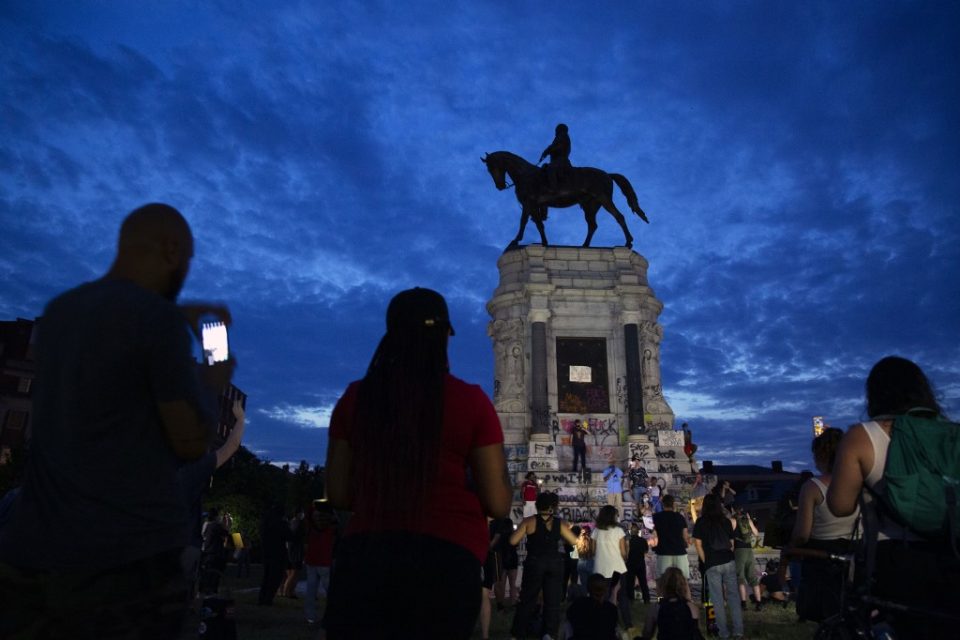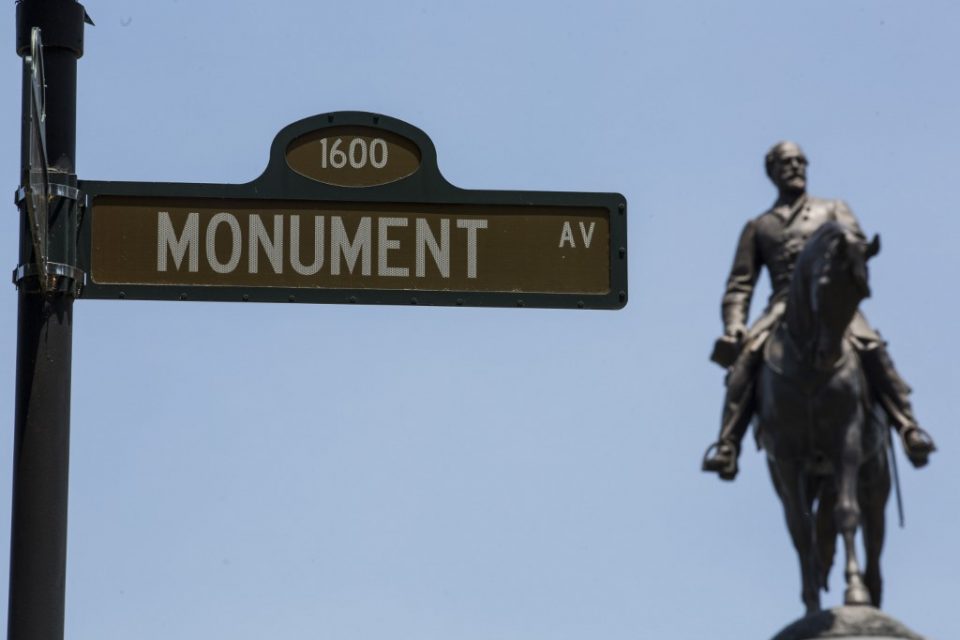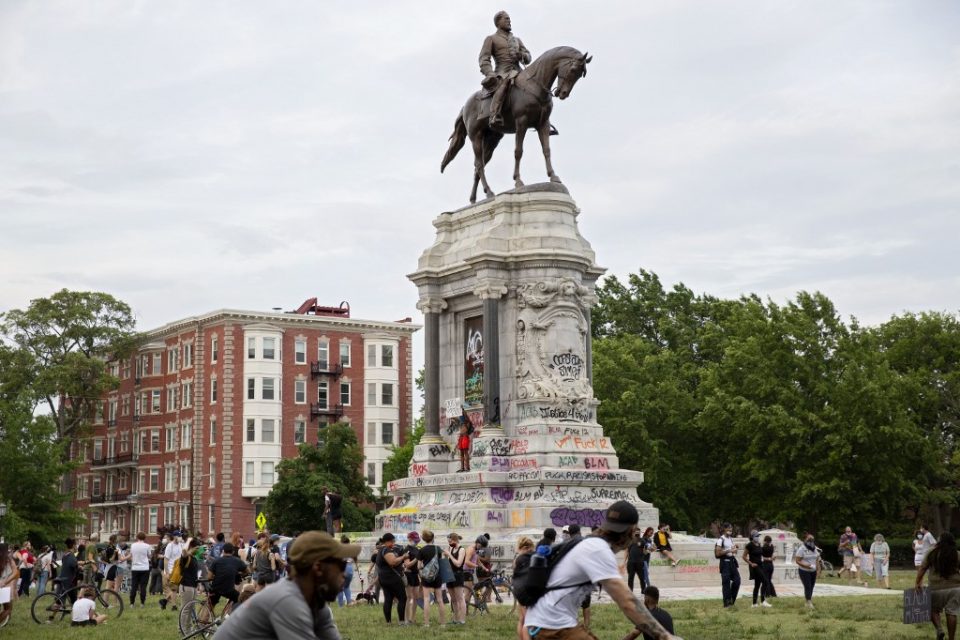
WASHINGTON DC, United States (AFP) — A handful of US Army bases named for Civil War generals of the pro-slavery South could be in for name changes as pressure builds to rid the country of monuments associated with repression of blacks.
The Pentagon said Tuesday that both Secretary of Defense Mark Esper and Army Secretary Ryan McCarthy are willing to consider the idea, as the country moved into a third week of protests over mistreatment of African Americans after the death of George Floyd in the hands of Minneapolis police.
It puts the focus on 10 bases carrying the names of generals from the secessionist South, which lost the war and its effort to preserve slavery.
All 10 are in the South and include Fort Bragg in North Carolina, Fort Hood in Texas and Fort Benning in Georgia — bases that are familiar to hundreds of thousands of army recruits who trained on them.
The Pentagon, however, indicated that changing the names could take time and said Esper and McCarthy are “open to a bi-partisan discussion on the topic,” requiring a buy-in from both Democrats in Congress now clamoring for the change, and reticent Republicans.
That is unlikely to happen ahead of the November elections.

Retired Pentagon four-star general David Petraeus, who trained at Fort Bragg, wrote Tuesday that it is “imperative” to acknowledge that the bases are not named after heroes but military leaders who committed treason and defended racism.
“The irony of training at bases named for those who took up arms against the United States, and for the right to enslave others, is inescapable to anyone paying attention,” Petraeus wrote in The Atlantic.
“Now, belatedly, is the moment for us to pay such attention.”
The issue arose in 2017 after white nationalists and neo-Nazis amassed in Charlottesville, Virginia in part to challenge a campaign to pull down a statue of Robert E. Lee, the general who led the southern Confederate forces in the 1861-1865 Civil War.
That statue and others like it remain in place amid strident resistance from those who reject the view that Lee represents racism and that slavery was the core issue behind the war.
Suggesting that the tide could be turning, on Thursday Virginia Governor Ralph Northam announced that a statue of Lee in Richmond, the capital of the Confederacy, would be taken down.

But on Monday a local judge temporarily blocked the removal of the statue after a Virginia resident sued to keep it in place.
In other areas in the South, communities have pulled down some of the old monuments to the Confederacy as symbols of oppression and slavery.
© Agence France-Presse








